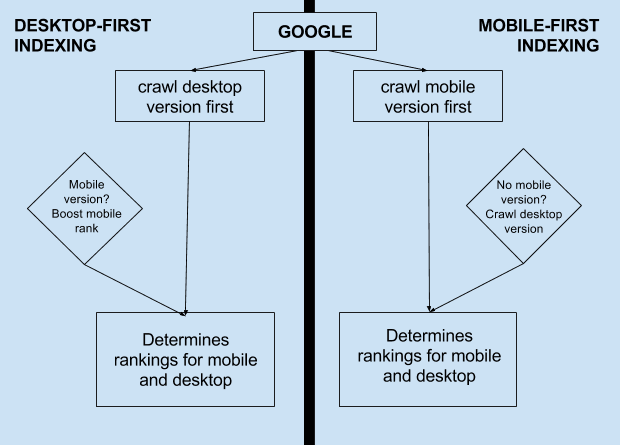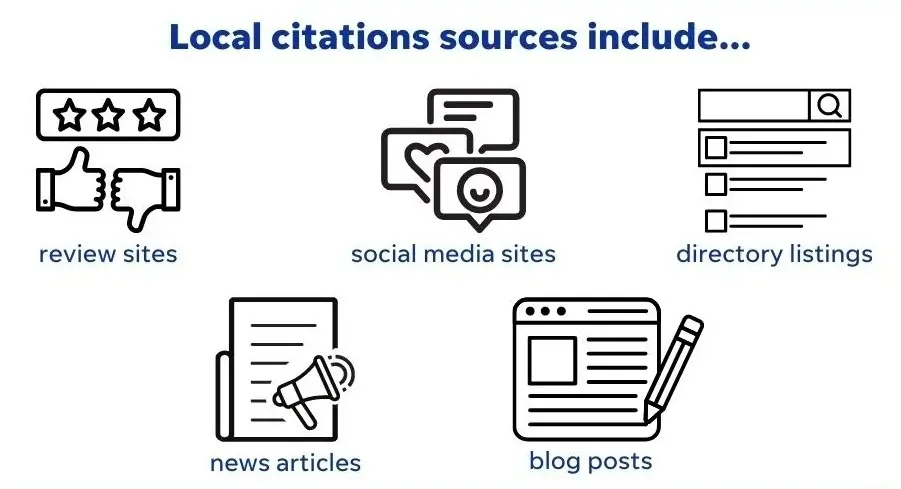In the rapidly evolving digital landscape of Uganda, establishing a robust online presence is crucial for business growth. Search Engine Optimization (SEO) serves as a fundamental tool for enhancing visibility and effectively reaching potential customers. This article aims to demystify SEO and offer actionable strategies to elevate the online success of Ugandan businesses.
What is SEO (Search Engine Optimization)?
SEO is a comprehensive digital marketing strategy aimed at improving a website’s visibility and rankings on search engine results pages (SERPs). Through a combination of technical optimizations, content enhancements, and authority-building techniques, SEO seeks to align a website’s structure and content with the criteria search engines use to determine relevance and quality.

SEO is like making sure your website is easy to find on the internet. It’s about doing things on your website that help it show up higher when people search for things on Google or other search engines. When your website is optimized for SEO, more people can see it, which can be really good for your business because it means more visitors and potential customers.
Understanding How SEO Increases Online Visibility
SEO functions as a compass that guides your website to higher rankings on search engine results pages (SERPs). Through effective SEO strategies, you can achieve the following outcomes:
- Organic Traffic Growth: By optimizing your website, you can attract organic, non-paid traffic from search engines like Google.
- Credibility and Authority: Improved rankings communicate credibility and authority to users, establishing your brand as a trusted resource.
- Targeted Audience Engagement: SEO ensures that your content is seen by users actively seeking information related to your offerings.

Comprehending the Role of SEO in Enhancing Online Success
SEO is a dynamic digital marketing strategy that plays a pivotal role in boosting online success by:
- Driving Organic Traffic: By ranking higher on search engines, you attract more visitors to your website.
- Fostering Trust: Improved rankings signify reliability and credibility, which in turn encourages users to engage with your content.
- Prioritizing User Experience: SEO promotes user-friendly website design, creating seamless and intuitive browsing experiences.
- Targeting the Right Audience: With SEO, your content reaches users who are actively searching for the solutions you offer.
Leveraging SEO to Elevate Your Business
- Amplified Website Traffic: SEO is a powerful tool for directing organic traffic to your website, increasing the likelihood of conversions.
- Cost-Effectiveness: Compared to paid advertising, SEO provides a sustainable and cost-effective approach to maintaining online visibility.
- Localized Dominance: Local SEO strategies position your business prominently within Uganda, capturing the attention of local customers.
- Competitive Edge: Implementing effective SEO strategies can help your business surpass competitors and emerge as an industry leader.

How SEO Attracts Customers
- Search Intent Alignment: SEO ensures your website appears in search results when users are actively seeking relevant information or solutions.
- Trust and Credibility: Higher search rankings convey trustworthiness, making users more inclined to explore and interact with your content.
- Enhanced User Experience: SEO encourages user-centric website design, resulting in positive user experiences.
- Geo-Targeting Advantage: Local SEO allows you to effectively target users seeking businesses and services within Uganda.
The following are strategies to ensure SEO boosts online visibility:
1. Keyword Optimization: Seamlessly integrate relevant keywords and phrases that resonate with Ugandan users into your content, headings, Meta descriptions, and URLs. When optimizing for SEO, it’s essential to consider local keywords that resonate with the Ugandan audience. Incorporating phrases that include the names of Ugandan cities, neighborhoods, landmarks, and cultural references can significantly enhance your website’s visibility among local users.

2. Quality Content Creation: Creating high-quality content goes beyond just generating words or videos. It’s about providing value to your audience, addressing their pain points, and offering solutions to their challenges. For Ugandan businesses, this means tailoring your content to the specific needs and preferences of the local audience,
3. NAP Consistency: Consistency in your business’s name, address, and phone number across all online platforms is vital. This consistency reinforces your local presence and trustworthiness.
4. Mobile Optimization: Ensure your website is responsive to mobile devices, catering to Uganda’s predominantly mobile internet usage. The website design should adjust seamlessly to different screen sizes, providing a smooth user experience on both desktop and mobile devices. Utilize mobile-specific features such as click-to-call buttons, easy navigation, and touch-friendly elements to cater to mobile users’ behaviors.

5. Page Speed Enhancement: Optimize your website’s loading speed by compressing images and minimizing scripts to accommodate users with varying internet speeds. Compress images to reduce their file size without compromising quality. This helps pages load faster, enhancing the user experience. Minimize JavaScript and CSS files to reduce the number of requests made when loading a page. Implement browser caching to store frequently used resources, enabling faster page loading for returning visitors.
6. Quality Backlink Building: Building quality backlinks from reputable websites can significantly boost your website’s authority and credibility.
7. Guest Blogging: Contribute valuable guest posts to reputable blogs in your industry. This not only provides exposure but also allows you to link back to your website.
8. Local Directories: List your business in relevant local directories and industry-specific websites. These directories can provide valuable backlinks and improve your local SEO.
9. Content worth Linking to: Create high-quality content that others in your industry would want to link to. This could be comprehensive guides, original research, or insightful analysis.
10. Google My Business for Local Visibility: Setting up and optimizing your Google My Business (GMB) profile is a powerful strategy for local businesses. A complete GMB profile includes accurate business information, high-quality images, customer reviews, and regular updates. This ensures that your business appears in local map searches and the “Local Pack” section of Google search results.
11. Mobile-First Indexing: Given Uganda’s high mobile internet usage, Google’s mobile-first indexing approach is particularly important. This means Google predominantly uses the mobile version of a website’s content for indexing and ranking. Therefore, having a mobile-responsive and fast-loading website is critical for ranking well in search results.

12. Leveraging Social Media for SEO: Social media platforms can indirectly influence your website’s SEO. When your content is shared and linked to on social media, it can drive traffic and increase your website’s authority. Engaging on platforms like Facebook, Twitter, Instagram, and LinkedIn not only expands your reach but can also result in backlinks from reputable sources.
13. User Experience and Dwell Time: User experience plays a significant role in SEO. Dwell time (the time users spend on your website) and bounce rate (the percentage of users who leave after viewing only one page) are important metrics for search engines. Providing valuable, engaging content and a user-friendly interface can keep visitors on your site longer, positively impacting your SEO efforts.
14. Voice Search Optimization: Voice search is gaining popularity in Uganda, especially with the rise of smartphone usage. Optimizing your content for voice search involves using conversational language, answering common questions, and providing succinct, informative responses that match users’ natural language queries.
15. Local Directories and Citations: Getting your business listed in local online directories, review websites, and citation sources can boost your local SEO. Ensure that your business name, address, and phone number (NAP) are consistent across all platforms to build trust with both users and search engines.

16. Regular Content Updates: Search engines favor websites that offer fresh and updated content. Regularly publishing blog posts, news articles, and informative guides not only attracts users but also signals to search engines that your website is active and relevant.
17. Technical SEO: Technical aspects of your website, such as website speed, mobile friendliness, a secure HTTPS connection, and proper URL structure, all contribute to SEO. Conducting regular technical audits and optimizations can improve the user experience and search engine rankings.
SEO is an integral aspect of digital marketing that requires expertise, strategic planning, and consistent effort to achieve and maintain higher search engine rankings, drive organic traffic, and ultimately contribute to a website’s online success.
In summary, SEO is a cornerstone of digital success for Ugandan businesses. By embracing the right strategies, understanding the significance of keywords, content quality, and local optimization, your business can thrive in the competitive online arena, attracting customers who are actively seeking what you offer.
By Justine Nassiwa



